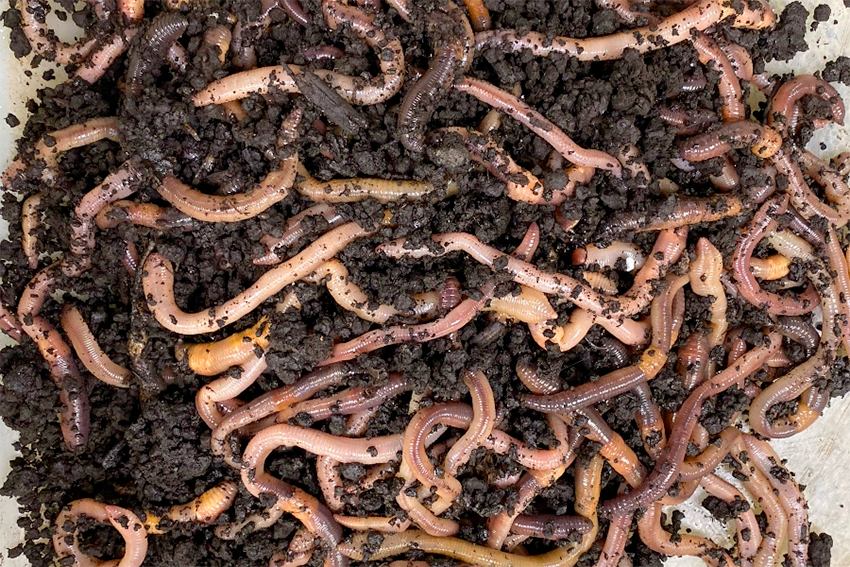The Role of Worms in Soil
Earthworms play a crucial role in creating and maintaining living soil. They are considered to be one of the most important soil-dwelling organisms.
How worms create and maintain living soil:
- Improving soil structure: Worms create tunnels and burrows in the soil, which improve soil aeration, water infiltration, and drainage. This helps plant roots to access water, oxygen, and nutrients more easily.
- Breaking down organic matter: Worms are voracious eaters and consume organic matter such as dead leaves, plant debris, and other decaying material. They break down this organic matter into nutrient-rich castings or vermicompost, which improves soil fertility and structure.
- Cycling nutrients: Worms digest organic matter and release nutrients such as nitrogen, phosphorus, and potassium in a form that plants can readily absorb. This helps to cycle nutrients through the soil food web, making them available to other soil-dwelling organisms and plants.
- Stimulating microbial activity: As worms move through the soil, they deposit mucus and excrement, which provide food and habitat for microorganisms such as bacteria and fungi. This stimulates microbial activity, which further contributes to the health of the soil ecosystem.
Worms are essential contributors to living soil, and their presence is a good indicator of a healthy soil ecosystem.



